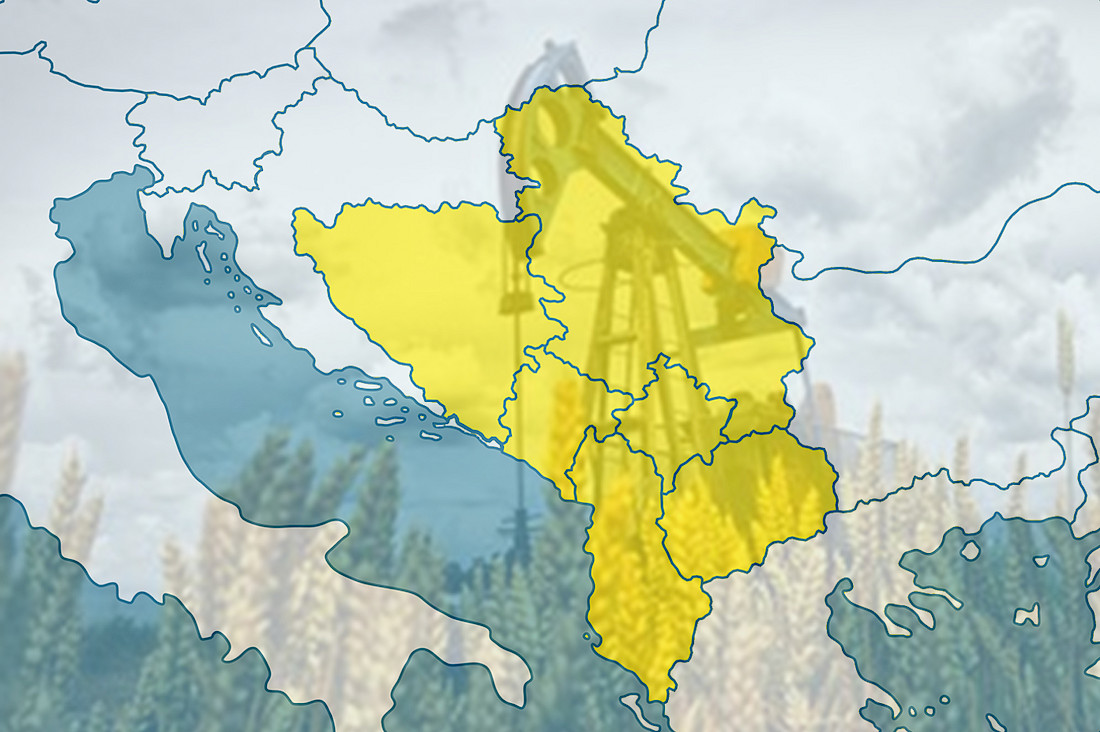Key economic and policy challenges confronting the Western Balkans in 2023
Speakers
- Anita Richter, Acting Head, South-East Europe Division, OECD
- Umur Gökçe, Economic Advisor, South-East Europe Division, OECD
- Martin Kohtze, Team Lead – Skills and Labour Market, South-East Europe Division, OECD
- Jovana Pavlovic Djukic, Team Lead – Green Economy and Sustainability, South-East Europe Division, OECD
- Marijana Petrovic, Team Lead – Digital, Energy and Transport Connectivity, South-East Europe Division, South-East Europe Division, OECD
- Tanya Khavanska, Policy Analyst, Anti-Corruption Network for Eastern Europe and Central Asia, OECD
Key Address
Ambassador Michaela Spaeth, Ambassador and Permanent Representative of the Federal Republic of Germany to the OECD, Paris
Moderator
Christian Hagemann, Executive Director, Southeast Europe Association
Topic
Over the last two decades, the six economies of the Western Balkans - Albania, Bosnia and Herzegovina, Kosovo, North Macedonia, Montenegro and Serbia – have implemented major economic and institutional reforms on the back of growing integration with the European Union (EU). These have helped the region to transition to market economies, enhance their competitiveness and gradually converge towards the EU’s average income level and standards of living.
However, the recent external shocks – first the COVID-19 pandemic and then the Russian aggression against Ukraine – have cut short the economic growth in the Western Balkans and slowed down the structural reform agendas. Pressing challenges, ranging from underperforming labour markets and brain drain to insufficiently developed private sectors, environmental problems and corruption, hamper the region’s economic performance and overall competitiveness. In the current volatile environment, there is a growing need to build resilience and to accelerate horizontal structural reforms, by facilitating the green and digital transition, as well as by giving a boost to the region’s EU integration.
Against this backdrop, the OECD, particularly through its dedicated South-East Europe Regional Programme, has been assisting the Western Balkans in their structural reform efforts, encouraging alignment with OECD and EU policies and standards, as well as promoting deepened intra-regional cooperation. The OECD’s tailored policy support and advice aims at strengthening institutional capacity and policy-making in the Western Balkans, whilst facilitating policy dialogue and knowledge sharing between the OECD countries and the region.
Drawing on the OECD’s in-depth policy assessments and most recent work on the Western Balkans, the event will focus on the key economic and policy challenges facing the region in 2023. It will discuss what the region’s governments should do to maintain economic stability and to strengthen the prospects for sustainable growth. Emphasis will be given to policy measures and solutions to maximize benefits of emigration, to foster private sector development, and to facilitate green transition and the fight against corruption.
Am 17.02.2023
Ort: Online

